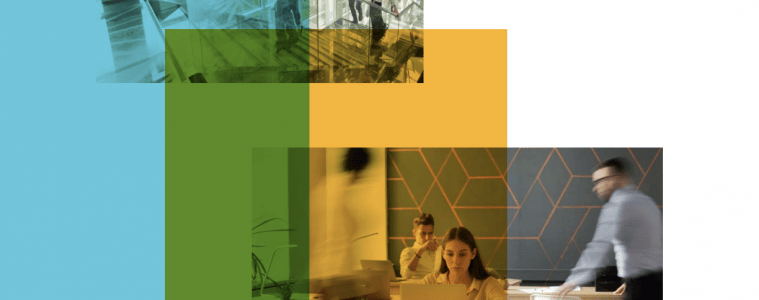Indeed and DCU launch neurodiversity “toolkit” to help companies become more inclusive in hiring

Global job site Indeed and Dublin City University today launched a neurodiversity “toolkit” to help companies become more inclusive in hiring. Neurodiversity refers to the wide range of differences in individuals’ brain function and behavioural traits and includes autism, ADHD, Asperger’s syndrome, dyslexia and dyspraxia. A best practice approach is that this type of diversity be as recognised and respected as other differences in the workplace – such as any other such as gender, race or sexual orientation – to ensure an inclusive and optimal work environment.
The toolkit includes explanations of neurodiversity, provides practical advice for hiring managers and HR teams, as well as a sample job description. It also notes that employers who accommodate neurodiverse employees in the hiring process will reap the rewards of higher productivity, more creativity and better retention rates. It shows that some neurological conditions can enhance the employee’s performance in certain areas: for example, many people with dyslexia have been found to possess enhanced global visual-spatial abilities, which may be advantageous in jobs requiring three-dimensional thinking such as molecular biology, engineering, and computer graphics.
Commenting, Paul Wolfe, SVP of Human Resources at Indeed said, “As a global job site, Indeed was able to provide a unique perspective in the development of this important resource for hiring managers. Through the tools we have produced together with DCU, thousands of companies around the world can progress further along their diversity and inclusion journey, whether just beginning or already well advanced. We’re proud to drive truly global, inclusive workforces of the future in which we can help all people, get all jobs, all over the world.”
Commenting, LaFawn Davis, Vice President of Diversity, Inclusion & Belonging with Indeed said, “No matter how much time and resources you devote to recruitment, if your organisation lacks a culture of inclusion and diversity, and crucially a sense of belonging, that open door will become a revolving one. People need to feel that they belong in a workplace, from the moment they apply for a job there, it’s the natural next step to having an inclusive team. A strong sense of belonging allows employees to present their authentic selves, spend less energy trying to hide their differences and more time celebrating them. A happier, more effective team is going to deliver a better result for the organisation at large.”
The toolkit makes practical recommendations about how companies can change their hiring practices to make them more inclusive, with regard to:
— Job descriptions: ensure that your website and job descriptions talk about how you want to ensure equity and inclusiveness in your hiring practices
— Application process: ensure that any online application process can be completed in more than one session and that it works with speech reader software
— Pre-interview preparation: consider how ‘sociable’ someone needs to be for a particular job and if it is not an essential skill then do not use us a judgement criterion
— Interview: consider name cards for interviewees and ask the candidate if they would prefer to sit or walk around during the interview
Sandra Healy Founding Director of the DCU Centre of Excellence for Diversity and Inclusion said, “We were delighted to partner with Indeed in producing today’s Neurodiversity Toolkit for Hiring Managers. Since our establishment two years ago, we have become a hub for academia, industry and specialist groups to collaborate in advancing insights, research and practical tools to build cultures of inclusion. The toolkit is a significant step in the right direction.”
Irish Tech News https://ift.tt/32MDv7N

No comments: